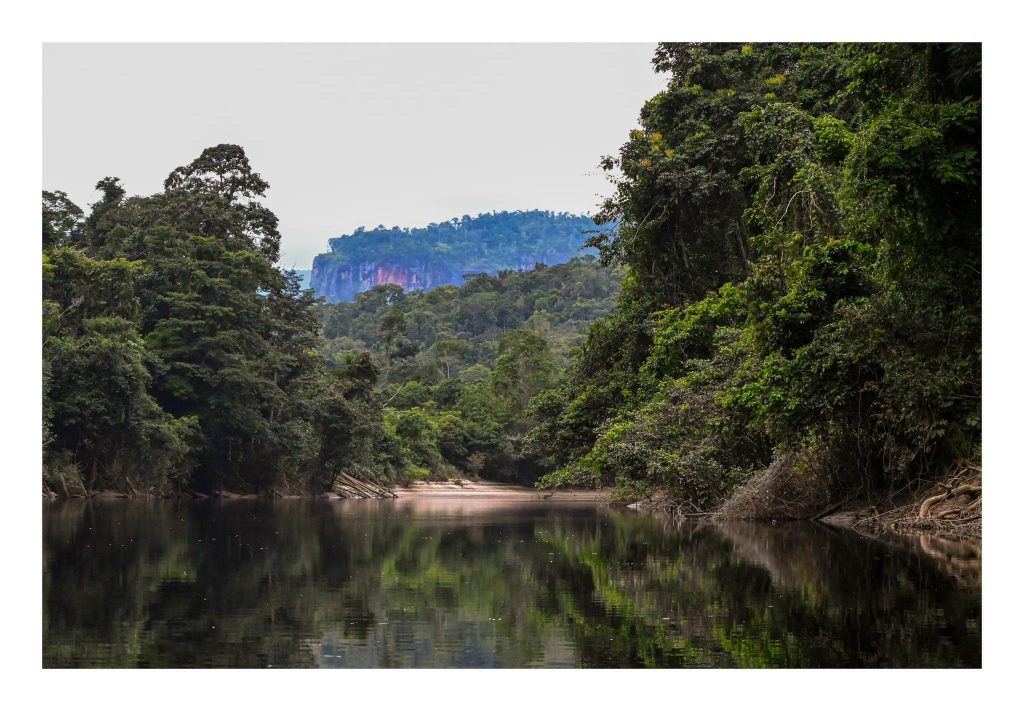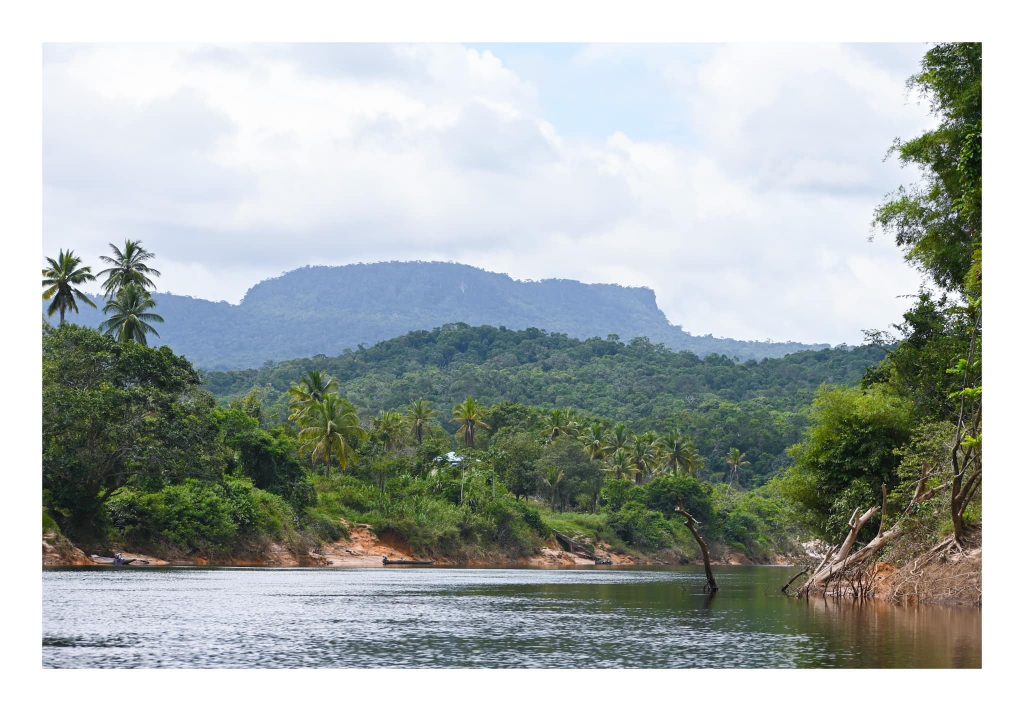
The Amerindian Peoples Association (APA) has defended its request for the Architecture for REDD+ Transaction (ART) Secretariat to suspend the issuance of carbon credits to Guyana.
In its complaint to the REDD+ Secretariat, the APA recommended that the credits issued to Guyana that have not been purchased be suspended, and that no further credits be issued until the government fully respects the rights of indigenous peoples.
“The call for the suspension of the issuance of further credits is premised on the fact that the government has failed to uphold the tenets of free, prior and informed consent (FPIC) when engaging indigenous communities,” APA said in a statement on Tuesday.
APA’s recommendation has been met with fierce criticism from the Government, with the Vice President Bharrat Jagdeo accusing the organization of playing “politics” with the livelihood of the Indigenous People.
Supporting the Government’s position, Chairman of the National Toshaos’ Council (NTC), Derrick John said it is the APA that has violated the principles of Free, Prior and Inform Consent (FPIC).
According to the NTC Chairman who penned a letter to the press, the Amerindian Peoples Association did not inform or consult the NTC or any Indigenous Village before lodging the complaint.
In its response today, the APA said both the Vice President and the NTC Chairman are misguided.

According to the APA, at no stage did it attempt to block Indigenous communities from accessing funds, but rather it has been advocating to get the Government to address a menu of issues plaguing Indigenous People including the need to revise the Amerindian Act in conformity with international human rights standards, resolve all outstanding indigenous land claims including land extension application under the Amerindian Land Titling (ALT) project; the implementation of the IACHR recommendations relating to mining in Isseneru and the UNCERD’s recommendations on the invasion of miners on Chinese Landing titled lands.
It also wants a thorough engagement with indigenous people to be conducted nationally to determine the most appropriate and informed method of benefit-sharing from the sale of carbon credits.
Under the current regime, indigenous communities will be receiving 15% of the revenue from the sale of carbon credits. However, the APA has argued that there was a lack of consultation.

“…the recommendation for the suspension of the issuance of further credits can be revised once the government begins to address the issues plaguing indigenous peoples of Guyana. The APA expects Chairman John, as leader of the NTC, to always advocate for indigenous peoples’ rights and respect those rights. Moreover, this includes the right of communities to legally represent their own interests and concerns through their Village Councils, as vested in the Amerindian Act 2006, which at times would distinctly differ from the actions of the NTC Chair,” the APA said.
The APA maintains that while the NTC serves a crucial advisory role, it does not have legal authority under Guyanese law to make decisions about indigenous lands on behalf of villages.
Noting that the right to FPIC is vested in Indigenous Peoples under international law, the APA also maintained that it did not breach the FPIC.
“FPIC applies when a project, such as a REDD+ project, could affect the customary lands of indigenous peoples. APA’s request to the government and to ART is to pause just such a project until FPIC can be fully respected. It is incoherent to complain, as the Chairman and Vice President have, of a lack of FPIC in making a request for FPIC,” it explained.
It said contrary to the utterances of the NTC Chairman, it has work currently spread across Regions 1, 2, 7, 8 and 9.



















You must be logged in to post a comment Login